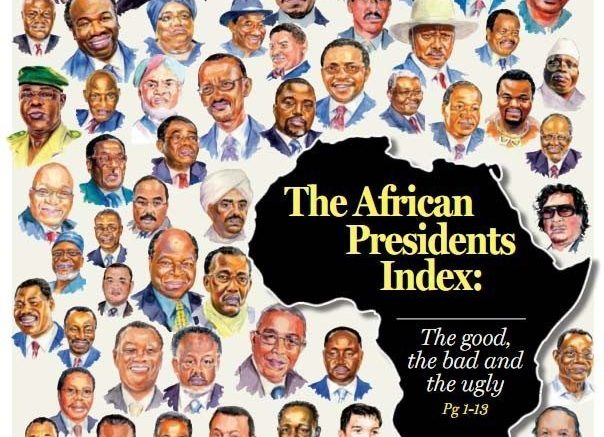Staff Writer13 August 2014

The qualifications of government officials and politicians made headlines recently, with accusations of false claims and unsuitably qualified people in top positions.
In the most recent case, former communications minister Pallo Jordan has resigned from Parliament and apologised to the ANC following reports that his qualifications were false.
This case is not unique. SABC chief operating officer Hlaudi Motsoeneng is accused of lying about having a matric, while SABC chairwoman Ellen Tshabalala is under fire for possible false qualification claims.
Unlike Jordan, who stepped down as an MP, not much has been done when it comes to the SABC.
In fact, Motsoeneng was rewarded by new communications minister Faith
Muthambi who appointed him permanent COO of the broadcaster.
Downplaying the value of qualifications

While a good education and strong qualifications are valued in many organisations, the ANC government has downplayed the importance of qualifications.
The ANC’s Chief Whip in Parliament Stone Sizani said that with or without academic qualifications, Pallo Jordan remains a source of pride for the party.
He said reports that Jordan did not have the academic qualifications he claimed was a “publicity gimmick”.
Commenting on Motsoeneng allegedly lying about having a matric to get a job at the SABC, Muthambi said a law firm report cleared Motsoeneng of any wrongdoing.
This is despite public protector Thuli Madonsela saying she has a recording of Motsoeneng telling her: “Yes, I lied. Yes, I put in those symbols.”
Tshabalala’s alleged false qualifications also did not create much of a stir. In fact, City Press quoted presidency spokesman Mac Maharaj as saying “a university degree is no prerequisite for the appointment”.
Motsoeneng, who does not seem to have a matric, joined the qualification debate, saying that SABC employees with university qualifications were a drain on their colleagues.
“Your degrees can’t work for you. You need experience to do the work. When these people come with their degrees, they drain the same people
[who are skilled but don’t have degrees]
,” he is quoted as saying by the City Press.
South African president’s qualifications
The debate surrounding South African president Jacob Zuma’s lack of formal education has been a hot discussion topic for years.
Prince Mashele, CEO of the Forum for Public Dialogue, has been critical of Zuma’s lack of formal education and argued that Zuma is not fit to rule.
In December 2012, Mashele said the following about another Zuma term in office: “The rainbow nation of Nelson Mandela will disintegrate, under the weight of a corrupt government, led by people who build large compounds in Nkandla”.
Others disagree. Vusi Shongwe, who worked in the office of the KZN premier, said he believed that the negativity over Zuma’s leadership is largely unjustified.
“For all his faults and foibles, he remains a leader people from all walks of life can easily relate to,” said Shongwe.
But, how does Zuma’s lack of formal qualifications compare to his predecessors, and BRICS (Brazil, Russia, India, China, and South Africa) nations leaders?
SA presidents’ qualifications since 1989
The following infographic shows the qualifications of South African presidents from 1989 to 2014. No honorary qualifications are listed.

BRICS leaders’ qualifications
The following infographic gives an overview of the qualifications of BRICS leaders. No honorary qualifications are listed.

This article was first published on MyBroadband.

